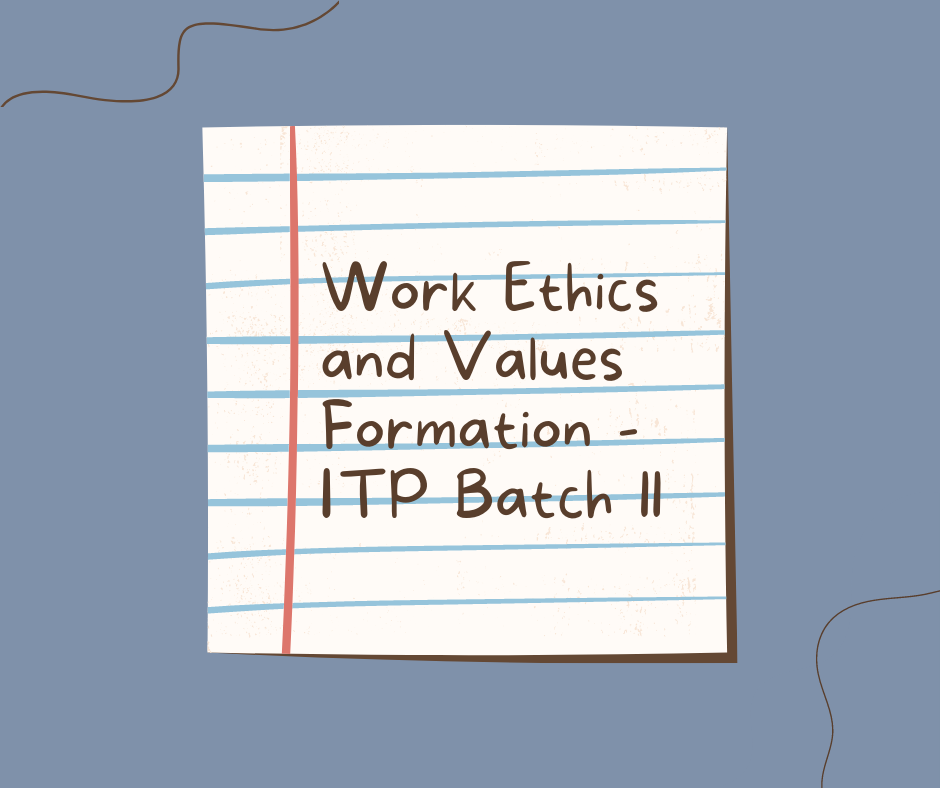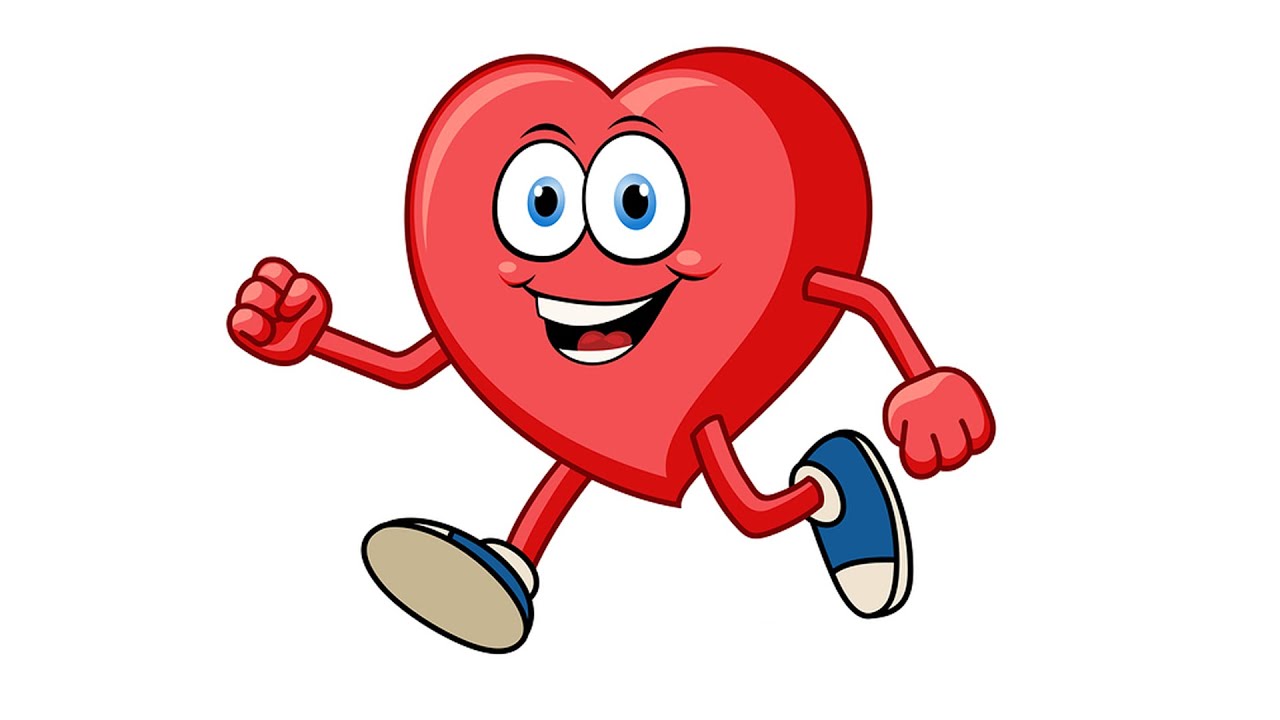- Course creator: Kerubin Batoc
- Course creator: Aladin Silvestre
- Course creator: Laarni Jane Morabe
- Course creator: Allelie Orogo

This course deals primarily with the study of the moral behavior or conduct of man as viewed from the principles known by human reason. It covers the study of human actions from the point of view of rightness or wrongness based on the objective moral norms. It also deals with the formation of values, proper beliefs and attitudes that predisposes the human person to proper work habits in the pursuit of his or her total development as a person. It aims to help the students develop a “Philosophy of Life” that will give meaning and direction to work and life.
At the end of the course the students should be able to:
- Explain ethics as the practical science of the morality of human conduct as a means for the achievement of ultimate happiness,
- Differentiate human acts from the acts of man and to understand their implications,
- Analyze the aspects that contribute to the voluntariness and moral responsibility of the actions of man,
- Explain the proper fundamental criteria in the judgment of the actions of man and the moral order,
- Realize the obligation of man to form his conscience by studying the norms of morality and conforming his conduct on them,
- Understand the nature of the basic human virtues and to develop the will to practice them,
- Explain the basis of the dignity of the human person through his origins, powers, and end,
- Appreciate the role of values and virtues in achieving ultimate happiness,
- Explain the nature of work that provides the philosophical foundation to the rights of a worker.
- Course creator: Annjenica Umali
Globally, people rely on computer technology to grow their careers, improve their lives, and to expand their opportunities. This course is designed to provide students with a basic knowledge of computer principles, hardware, and software including Microsoft Word, Excel, PowerPoint, and more. These skills will enable the students to use computer equipment and programs in use in today’s industry.
- Course creator: Kyla Nadine Raquedan

This course will tackle issues and concerns central to the health and welfare of individuals, particularly young adults. The modules in this course contain knowledge to successfully navigate the physical, mental and emotional challenges that one faces, thus, this course equips our learners with critical thinking skills which are a vital ingredient in lifelong success of personal health. The goal is to present a full range of information from a variety of sources, which allows our students to ingest and process what they are given in order to cement good habits, as well as develop new ideas and appropriate mindsets regarding one self’s overall health and wellness.
At the end of this course, the students will be able to:
- Understand the concept of Physical and Health Education
- Develop practical and effective strategies to improve and maintain personal health.
- Employ correct and accepted practices on preventive health and community-health initiatives.
- Understand our hormones and neurotransmitters.
- Recognize common stressors and conditions.
- Identify the appropriate actions and response to depression and suicide.
- Distinguish various types of eating disorders
- Generate effective interventions towards substance abuse
- Review the basic physical home workout routines.
- Generate an exercise week plan.
- Evaluate various traditional Filipino games or Laro ng Lahi which are critical to one's holistic development.
- Determine the detailed physical effects of stress into different body systems and organs.
- Reflect on self-love as key to personal health.
- Develop awareness and initiative on creating an active atmosphere despite the challenges brought by the pandemic.
- Course creator: milasol fuedan